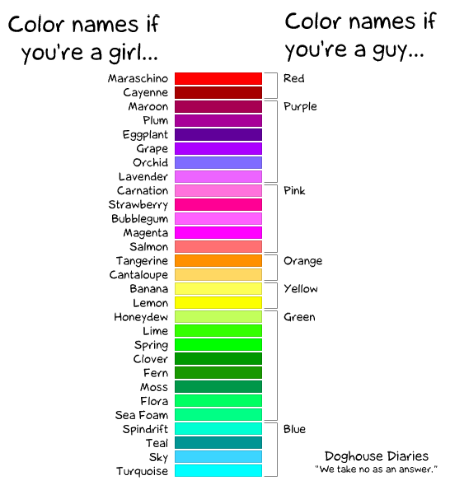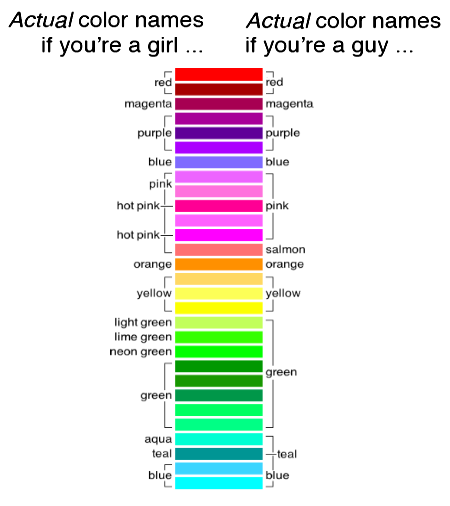While in Boston I read Sam Lipsyte's new book,
The Ask.
A witty paean to white-collar loserdom in the fund-raising racket, “The Ask” describes a crisis in the life of one Milo Burke, a deeply cynical academic development officer, earnest binger on doughnuts, avid consumer of Internet porn, and devoted father and husband. Detailing the meltdown of Milo’s career and marriage, “The Ask” takes place in an exhausted and passive institutional workplace — the kind of futile office space we know from such cinematic offerings as, well, “Office Space.” Milo’s job, raising money for a university he nicknames “Mediocre,” embodies the futility, waste and presenteeism of late capitalism’s corporate wasteland.
Lydia Millet, NY Times Book Review
Reviews have focused on the black comedy of the book (I pass over this, not because the book isn't funny, but because it seems unnecessary duplication of effort); somewhat oddly, no one has drawn attention to the profound irony of the work.
The humour of the book depends in part on the gap between the narrator's youthful pretensions to artistic ambition and subsequent career: he has been forced to a painful recognition of the inadequacy of the talent for which he once expected great things. He has now been put to the task of raising funds for the support of artists even less talented than his younger self. This is, in other words, not a particularly unbearable world: some talentless people get financial support, some less than spectacularly talented people struggle to get by. It's not a world where Vincents go missing for want of a Theo.
The narrator is, like Lipsyte, a member of
Generation X, a slacker who stumbled into middle age. It seems he had a taste for the artist's lifestyle and mistook this for genius. Accounts of his artistic practice as a young man give no reason to think he was ever serious about the work. (Contrast, for example, Peter Carey's narrator in Theft.) Which is to say that the narrator is, in one absolutely crucial respect, nothing remotely like Sam Lipsyte.
The narrator was given to plastering random bits of stuff to a canvas and expecting the world to hail it as genius. We have no reason to think that if we had examples before our eyes we'd be much impressed. But, um, we
do, of course, have examples of Lipsyte's work before our eyes, sentence after sentence after carefully crafted sentence. Far from being the complete tosser he has offered as a character for comic effect, Lipsyte has taken to heart the precept of Gordon Lish (with whom he once studied):
LoggernautLRS: Were you a student of Gordon Lish?
Lipsyte: Yes, I studied with him. He published a couple of stories of mine in The Quarterly, after many rejections. They had that great form letter when they rejected you—it was about five hundred words long.
LRS: I was studying writing at college and then this professor showed up, a disciple of Gordon Lish, and we operated according to the Lish method. You start reading your work and then as soon as you hit a false note she made you stop.
Lipsyte: Yeah, Lish would say, "That's bullshit!"
LRS: That process completely derailed me. Took me years to recover my voice. But for you it actually seemed to have some kind of benefit.
Lipsyte: I think the process for me was to unlearn a lot of the sloppy habits I had. I learned a lot of new stuff from Lish. I struggled for a long time, but what you find out at the end is that there's no "method," it's just a way to get to your own thing.
in conversation with Gerald Howard (at the Daily Beast):
Eventually Sam had a couple of stories published in The Quarterly, and in 1995 he joined Lish’s famed pressure cooker writing class. It was a tough time for him financially and emotionally, as he had to nurse his dying mother, and the class became a transfiguring experience. “I had no real writer’s ego. It had been a long time since I’d shaken William Bennett’s enormous hand, and so I felt ready to, you know, just listen for a while. It was the most formative experience. The final lesson was that you’d have to go become the writer you’re going to become. If you get stuck following somebody else’s rules, you’re in trouble.”
I make the observation that Lish’s influence can been seen in Sam’s obvious concentration on the crafting of his sentences and his single-minded focus on style, a quality less prevalent in the work of younger American writers than it should be. (Savor the perfectly pitched ear required to turn a simple phrase like “a dumpling, some knurled pouch of gristle.”) Sam replies that “Gordon said many things that I will never forget, but the one thing that I always think about is that he said once, ‘There is no getting to the good part. It all has to be the good part.’ And so I think that when people are writing their novels they are just thinking about the story, about what has to happen so their character can get to Cleveland. And they are just typing; they don’t care about the sentences. And what are we here for if not the sentences.”
Now, this is not quite the way I'd look at it. Suppose we take two chessplayers, A and B. A insists on a beautiful board, handsomely carved ivory chessmen. B uses plastic pieces. I would say this tells you nothing about which is the better player - and that the aesthetic qualities of board and pieces are irrelevant to everything that is actually interesting about chess. Suppose you see four people playing cards. Are they engaged in an activity of any interest? One thing you could do is get a closer look at the cards: are these handpainted masterpieces, a pack commissioned, say, by a Duke of Marlborough? Another thing you could do is find out what game they're playing. Are they playing Old Maid? Black Maria? Poker? Whist? Bridge? If poker, are they playing Draw? 7-card stud? Omaha? Texas Hold 'em? What are the stakes? How good are the players? If whist, are they playing a casual game or following the principle of scientific whist? If bridge, are these serious players? Which bidding system(s) do they use? Which conventions? No one who actually understands the intellectual interest of such games would care whether the game was played with a pack of cards from the drugstore. Kant is a great philosopher, but unlikely to score points on his prose style.
So it's not that I wholeheartedly agree with the position of Lish and Lipsyte - but a man who holds this position and so takes infinite pains over his sentences, as Lipsyte does, can hardly be written off, like Lipsyte's narrator, as a disappointed poseur.
This is not, of course, to say that the narrator doesn't work as a character; his self-deceptions are crucial to the humour of the book. It's to say that book's quality places Lipsyte's own struggles to make a living in quite a different light from those of the luckless narrator.
Lipsyte teaches in the MFA programme at Columbia. He frequently comments in interviews that he had not realised as an undergraduate, but later came to accept, that a writer cannot expect to make a living from writing. His experience certainly bears this out. Lipsyte's second book, Homecoming, was initially unable to find a publisher - despite the fact that Howard badly wanted to publish it. Howard (for readers who don't keep track of these things) is an editor of exceptional distinction: a passionate admirer of
Pynchon, a visionary editor who published David Foster Wallace's first novel and book of stories, DeLillo's Libra. It is, needless to say, pretty amazing if a young writer manages to win his respect. But Howard was unable to get the book approved by sales and marketing (sales of Lipsyte's first book had been disappointing), and so it went the rounds, and was ultimately, after looooooooong delays, published by Lorin Stein of Farrar, Straus & Giroux. Meanwhile Lipsyte, as I say, was teaching.
What this means, of course, is that we have no way of knowing what Lipsyte is capable of achieving. David Foster Wallace took three years to write Infinite Jest; an advance bought him the time, that is it bought the time of a single man with no dependents. Lipsyte writes solidly for three months a year. The Ask shows what he can do within these constraints. It's an artifact, in other words, in a blacker world than the one it portrays.






Commentaires
Aucun commentaire pour le moment.
Ajouter un commentaire
Les commentaires pour ce billet sont fermés.
eh